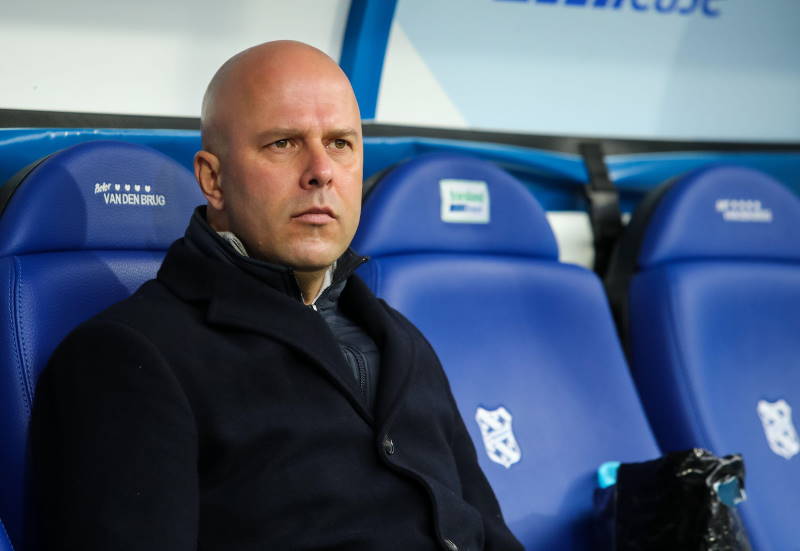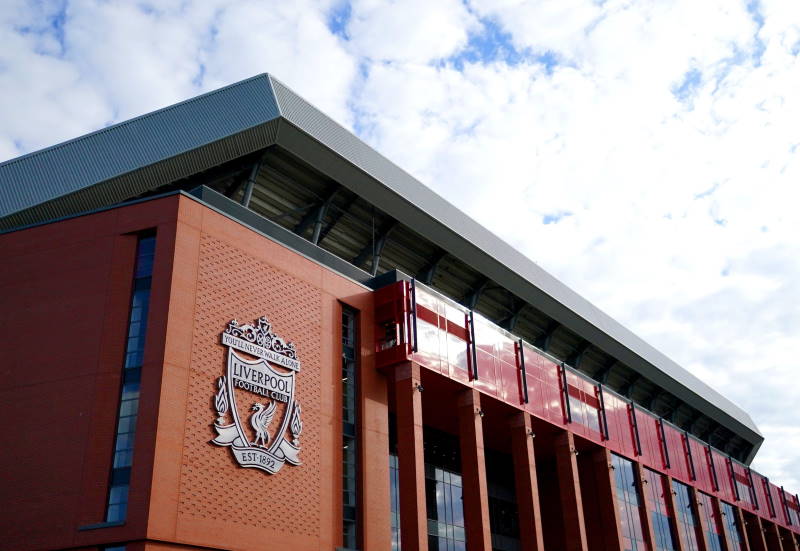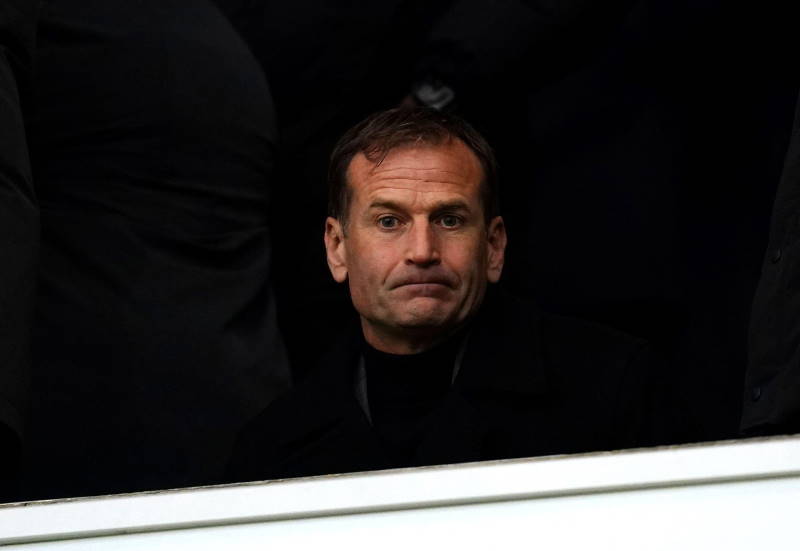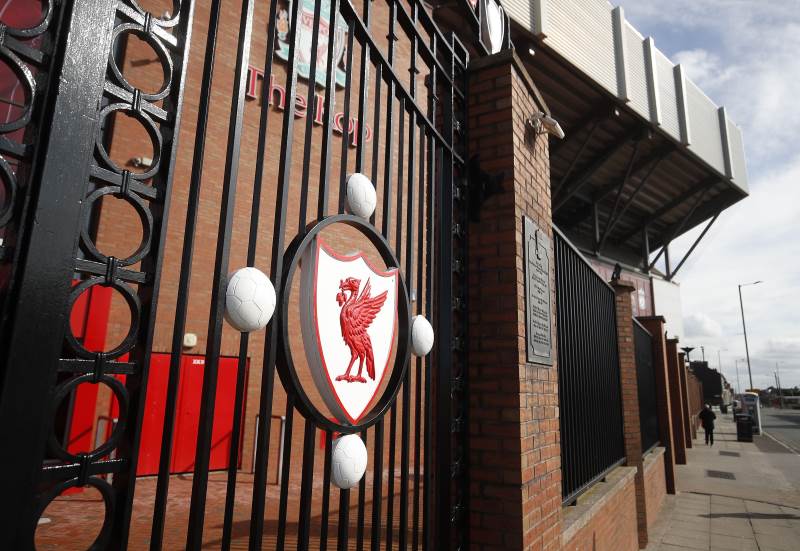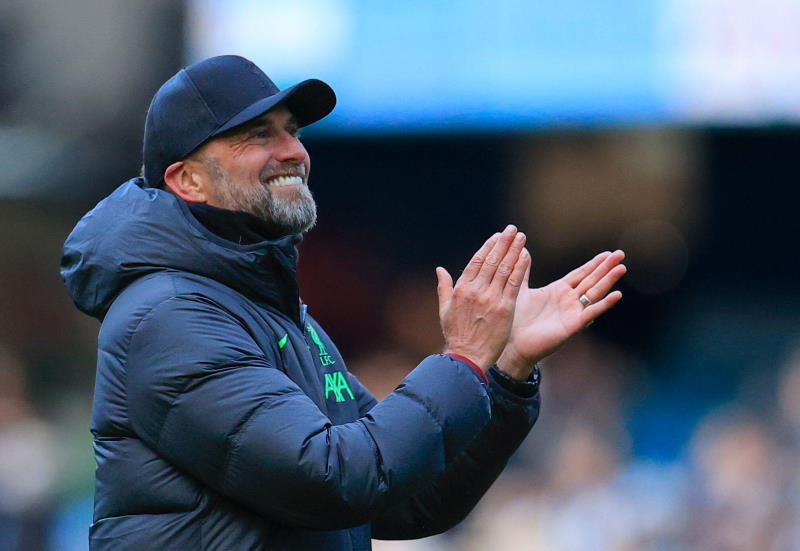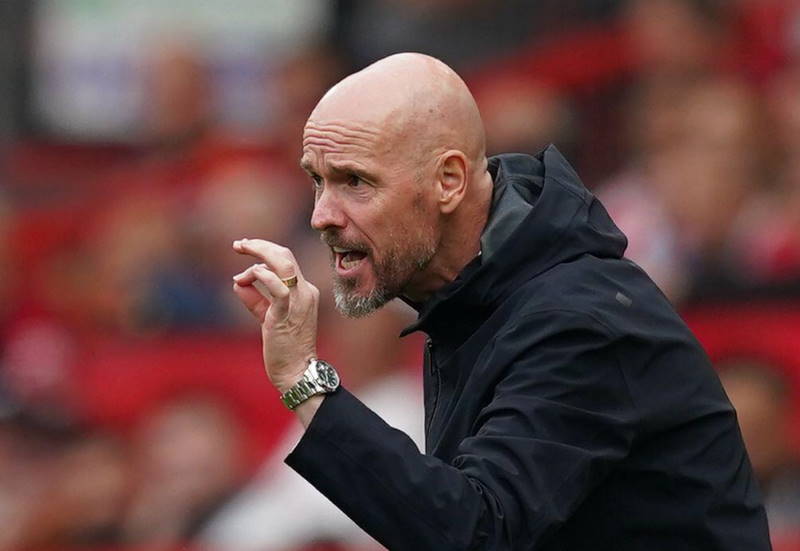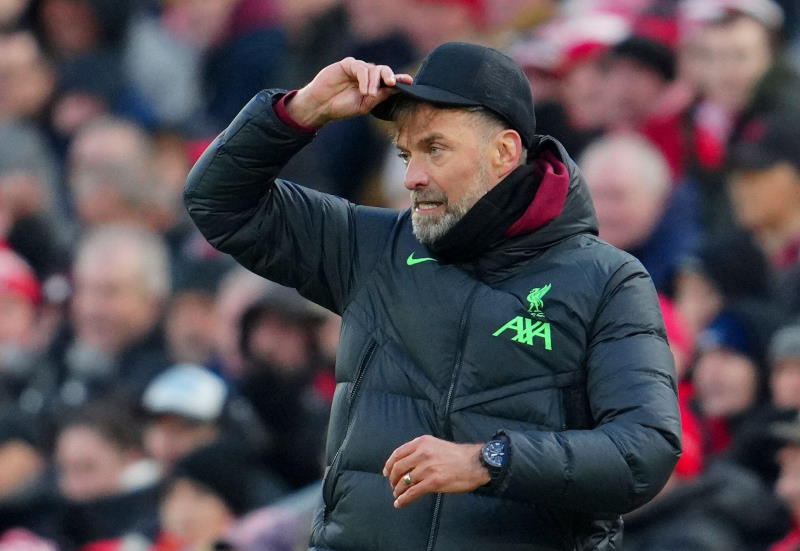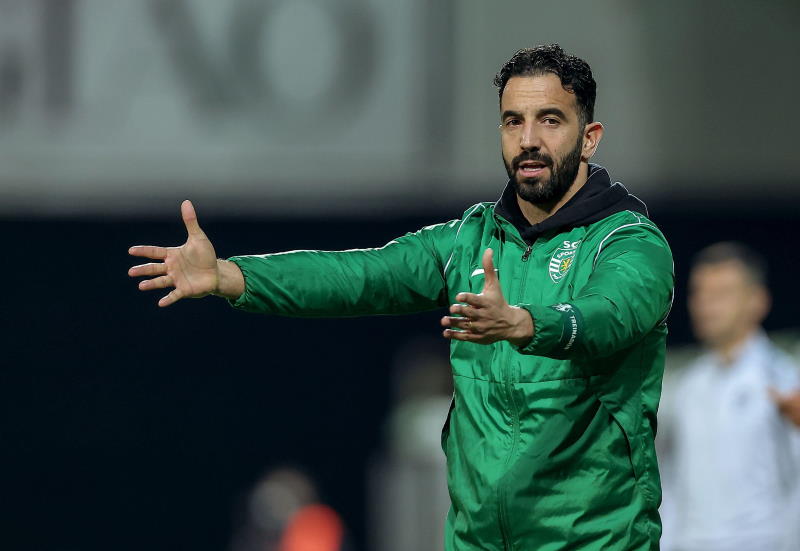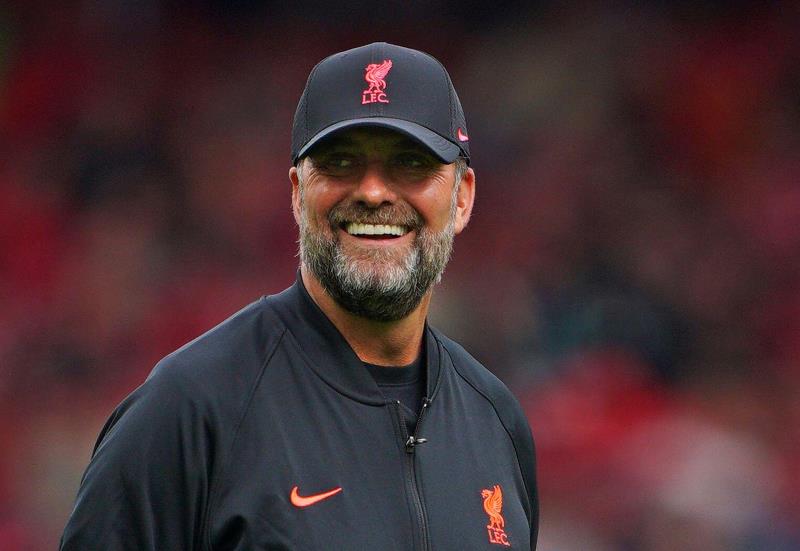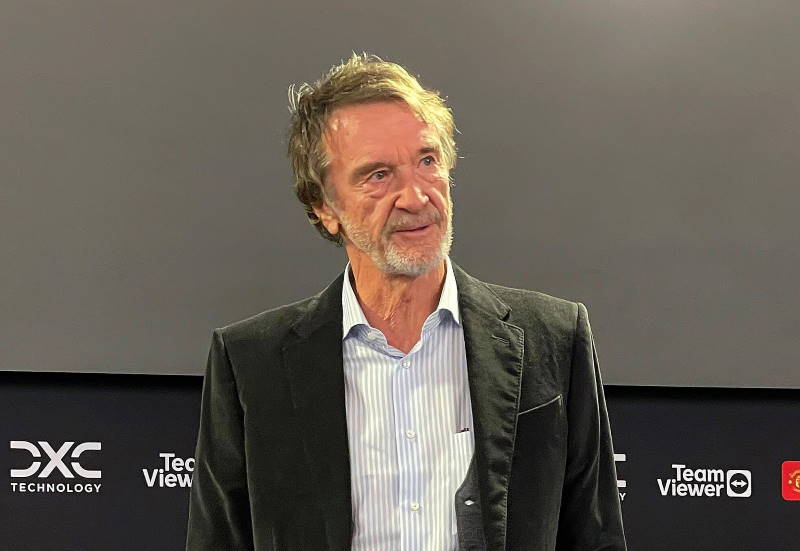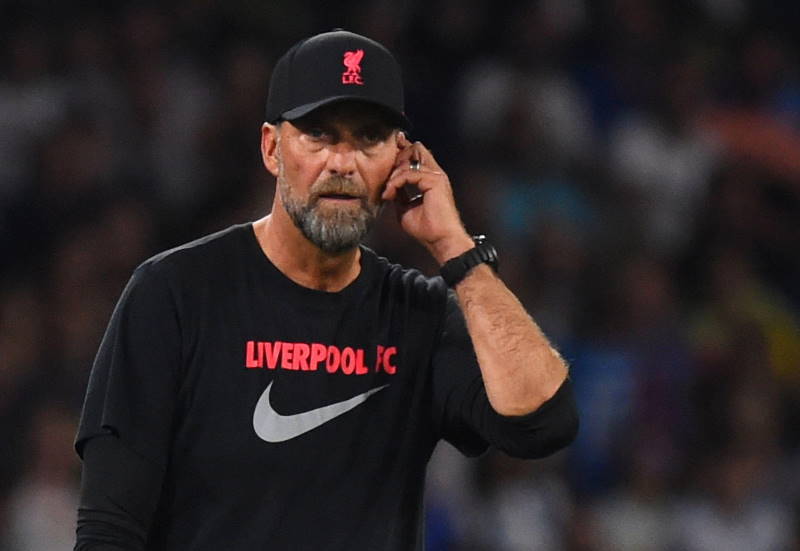
In a continent of football lovers, Venezuela stands apart from the rest of South America. While British dock workers brought football to Argentina, Chile and Uruguay, employees of American oil companies imported their own favourite leisure activity to Venezuela. And thus, while football quickly became the most popular sport across the majority of the continent, it was baseball that won the affection of the Venezuelan public.
But that is not to say that football does not have long standing roots in the country. The Venezuelan league was formed in 1921, making it the fifth oldest national league on the continent. However football never spread from the European immigrant communities in which it began, baseball instead becoming the sport of the nation while the beautiful game was relegated to the status of a niche sport played by those brought up on it abroad but by few others.
The names of the teams involved in the early years after the league turned professional in 1957 give some clue to the communities around which clubs were still formed at the time. Deportivo Portugues, Deportivo Espanol, Deportivo Italia, even Deportivo Galicia were all winners of the league in its first eight years. In the first 30 years of the professional league, only four of the seasonal top scorers were Venezuelan, while only one Venezuelan-born coach, Ivan Garcia, successfully led a team to the league title.
Government Spending
Football had little choice but to make do with its position on the margins of Venezuela’s sporting culture, or at least it did until Hugo Chavez was elected president in 1998. Chavez was acutely aware of what good successful performances in sporting events could do for the image of the country, and instigated plans to invest heavily in a multitude of facilities to ensure Venezuela’s athletes had the best possible chance of success.
The beautiful game was one of the major beneficiaries of this program of spending. Chavez pledged funds to improve youth development and to build a professional, modern training facility for the senior national team. But the really big money was expended on Venezuela’s hosting of the 2007 Copa America. In total $900M was lavished on the remodelling of existing stadiums, construction of three new ones, improvement of public transport links and increasing hotel capacity – over 68 times the amount spent by Peru on the previous tournament.
Keen to capitalise on a successful Copa America, both in hosting terms and on the pitch, Venezuela’s top flight was expanded from 10 to 18 clubs for the 2007/08 season. Its increasing quality plays an important role in nurturing future talents, who are now able to develop in their own country before making the leap to Europe or elsewhere in Latin America.
Pastoriza’s Revolution
While Venezuela’s football infrastructure was receiving a financial boost from Chavez, on the pitch it was the appointment of former Independiente, Boca Juniors and Atletico Madrid coach Jose Omar Pastoriza in 1999 that set the wheels in motion for the significant improvement in national team results and performances that was to follow.
Pastoriza was a thorough, disciplined coach who set about professionalising the national team set-up and identified a group of players who would form the basis of the side that would go on to make it out of the group stages for the first time ever at the 2007 Copa America – the likes of Renny Vega, Jose Manual Rey, Miguel Mea Vitali, Jorge Rojas and Juan Arango.
He also put into place practices, strategies and techniques that are still implemented to this day and although results under his command were far from spectacular – six wins, five draws and 18 defeats – his legacy is clear to see.
Continued Improvement
Venezuela’s Copa America record prior to the 2007 edition made for painful reading. There was just a solitary mark in the wins column, while a goal difference of minus 120 (29 scored, 149 conceded) was ample evidence of their inferiority compared to the other South American nations. Reaching the last eight in 2007 was therefore, in context, a superb achievement, and not one that has subsequently proved to be a flash in the pan.
Under the command of the prodigal young coach Cesar Farias they came closer than ever before qualifying for the World Cup in the qualifiers for South Africa 2010 and followed that by reaching the final four at this summer’s Copa America. With more luck Venezuela might even have reached the final after having the better of their semi-final against Paraguay.
Farias has carefully melded together the experienced heads identified in the Pastoriza era with the group of promising youngsters that he coached to qualification for the Under-20 World Cup of 2009, building a well organised, tactically disciplined team who are now able to compete on a much leveller playing field with the rest of the continent.
Open Borders
Venezuela’s success in the 2011 Copa America increased the nation’s profile to the point that they are now a tempting proposition for qualified players based in Europe who may not previously have considered stepping out for them.
Players like the Athletic Bilbao defender Fernando Amorebieta, and Celta Vigo’s Andres Tunez, who were both born in Venezuela to Spanish parents, have recently received call-ups, as have Swiss-born brothers Rolf and Frank Feltscher, who qualify through their Venezuelan mother.
Facilities in Venezuela continue to improve, as does the quality of the league, but being able to count on players who not only have European experience, but who were also brought up through the youth systems of European clubs can only be of benefit to the national team.
The Future
Having experienced such rapidly improving fortunes over the last ten years it is hard to judge exactly what the limit is for Venezuelan football. Their fourth place finish at the Copa America has raised expectations of qualifying for their first ever World Cup in 2014, expectations not exactly played down by the ever-confident Farias.
The South American qualifying group is such a tightly contested affair that it is always hard to predict who will emerge triumphant, but if Venezuela can build on their recent achievements and successfully integrate their newly acquired European players there is a good chance they will be there or thereabouts come the end of the process.

